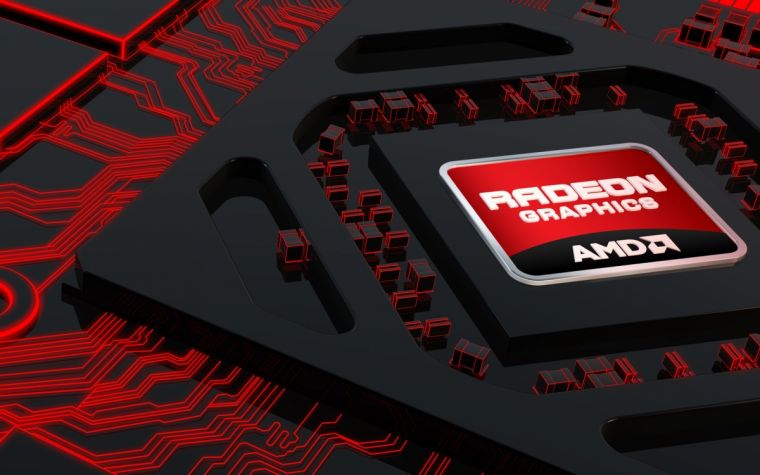AMD news: GPU manufacturer to ramp up production after shortage due to cryptocurrency mining

Advanced Micro Devices (AMD) is not just sitting idly as PC gamers bemoan the shortage of graphics processing unit (GPU) supplies due to cryptocurrency mining. The company reportedly plans to ramp up production of GPUs this year.
Dr. Lisa Su, CEO and president of AMD, has stated that the company will soon be addressing the concerns of the average PC users. Over the past few months, it can be recalled that the prices of GPUs have become inaccessible due to the supply shortage. This shortage was triggered by the bulk buying which cryptocurrency miners do to increase their rates of mining Ethereum.
"The graphics channel is very low, and we're certainly working to replenish that channel environment, lower than we would like it to be. We are ramping up production," said Dr. Su. Whether or not this can alleviate the problem remains to be seen since cryptocurrency miners might see this as another opportunity to hoard the GPUs.
Regardless, AMD is facing a problem which makes said production ramp-up problematic. This came in the form of another shortage in video random access memory (VRAM), specifically graphics double data rate 5 (GDDR5) VRAM and high bandwidth memory (HBM2) which are both used for consumer GPUs. These VRAM modules are necessary for GPUs since they determine what resolution applications can render or how sharp textures are, which is important for games and other professional software.
Rest assured, Dr. Su as claimed that AMD is continuing to work on the memory shortage alongside the GPU shortage with their memory partners.
Meanwhile, it can be recalled that NVIDIA has done its own step in ensuring that gamers and PC owners get their fair share of GPU supplies where AMD's competitor advised resellers to prefer sales to people who do not use GPUs for cryptocurrency mining. With the two GPU rivals working together to stabilize the supply, graphics cards might soon become more available for regular PC users.











